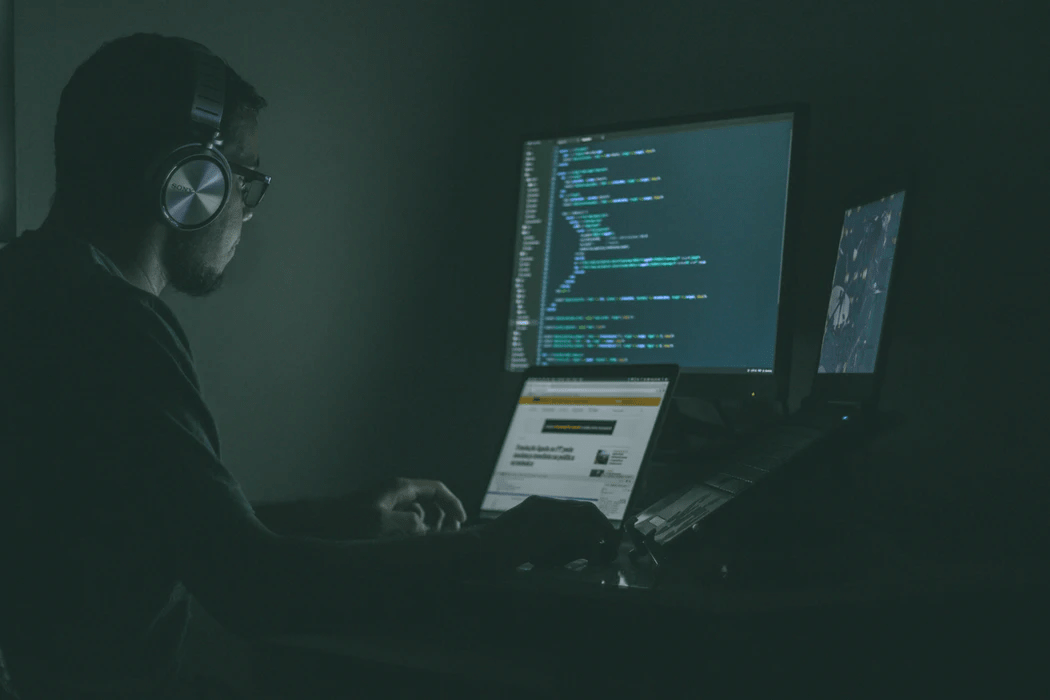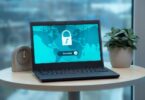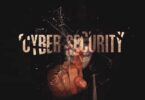
Cybersecurity
Being an entrepreneur comes with a lot of responsibilities. You have to look after all the business processes, come up with new strategies and maintain the integrity of your business. But something more important than anything is keeping your important data safe from prying eyes. Any breach of your confidential information can benefit your competitors and risk the security of your customers. We don’t use lockers anymore – all data is stored in computers that are always under a cybersecurity threat; keep reading to find out more!
What Is Cybersecurity?
Cybersecurity, composed of the terms Cyber and Security, includes a set of practices that keep computers safe from hackers. With virtually every business operating on the internet and computers, cybersecurity has become a hot topic in the IT and business community. Taking care of all the details of cybersecurity is not possible for busy entrepreneurs. You can easily work with a company like Cytelligence to ensure that business data is safe online. Whether you decide to deal with cybersecurity on your own or planning to hire a cybersecurity agency, the following are four cybersecurity essentials that you must know.
1. Test Your Employees
At the end of the end, most of your business activities are handled by your employees. Your learning and understanding cybersecurity doesn’t matter if your workers don’t know anything about this subject. Unless you are willing to succumb to the hackers, you have to ensure that your team is excited to learn and willing to implement the best cybersecurity practices. Take some on Friday, gather your team, and hand them over a questionnaire about what they know about cybersecurity. This little drill will show you what steps to take for securing your business from prying eyes.
2. Backup Your Data
Your data is the gold in the eyes of hackers. If you are running a business that has to deal with sensitive data, you will be in big trouble if some ransomware encrypts all your precious data. There is no cure for all the new encryptions that pop up every single day. Serious criminals, a.k.a hackers, are always coding some weird encryptions to extort people. The only solution you have is backing up your data 24/7, as well as ensuring that you have the most effective shielding solutions in place to protect it from cybercriminals. You don’t want to have to pay for anything if your data is in the wrong hands. Instead of paying the ransom for your data, by backing it up you will have access to your secure data in cloud storage.
3. Update The Apps
Most businesses rely on 3rd-party apps to complete daily business tasks. Even if you are implementing the best cybersecurity practices, you can still attack if your everyday apps are not secure. The easiest way to keep your data and systems while working with apps is to update them regularly. App updates ensure that you are running the latest and secure version of all your essential business apps. Updating the apps also lets you revisit the apps you don’t have to use anymore.
4. Authorized Access
Gone are the days when you could turn off your pc and sleep in peace. Now, if you are handling sensitive information, it is your job that your systems are safe even when you are not around. The easiest way to keep unwanted persons out of your computers is by enabling authorized access to your computers. But don’t think putting a password is going to solve all your authentication problems. Place various security checks on your computers like putting biometric verification, multi-factor authorization, and physical tokens in place. All these procedures will lock out any unwanted people from accessing your business computers.
Business owners need to understand that authorized access also includes internal threats. Employees with unrestricted access can pose significant risks to the security of the company’s assets. Therefore, implementing strict access controls and continuous monitoring of employee activities can significantly reduce these internal risks. By staying vigilant and proactive in managing authorized access, business owners can safeguard their sensitive information from potential breaches and ensure a comprehensive cybersecurity framework within their organization.





